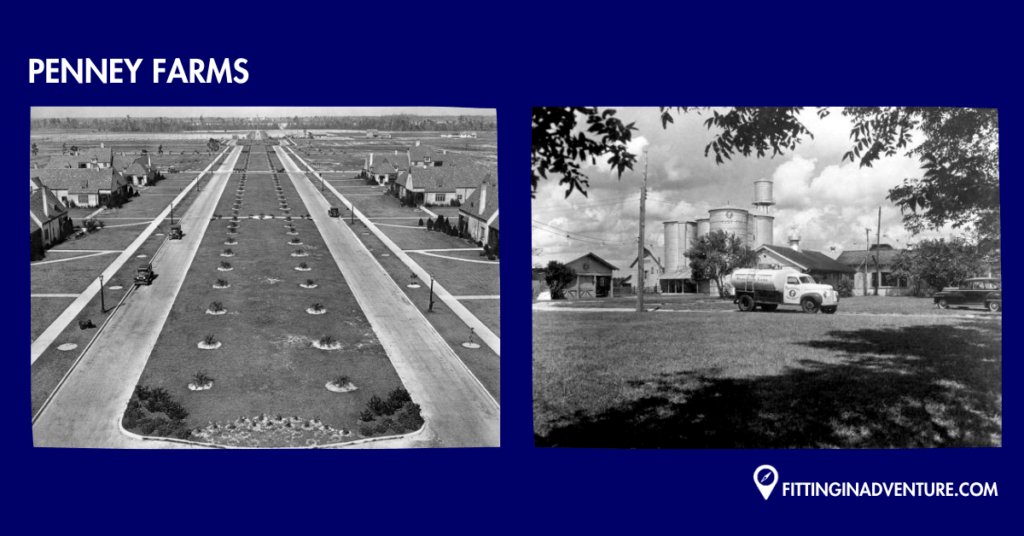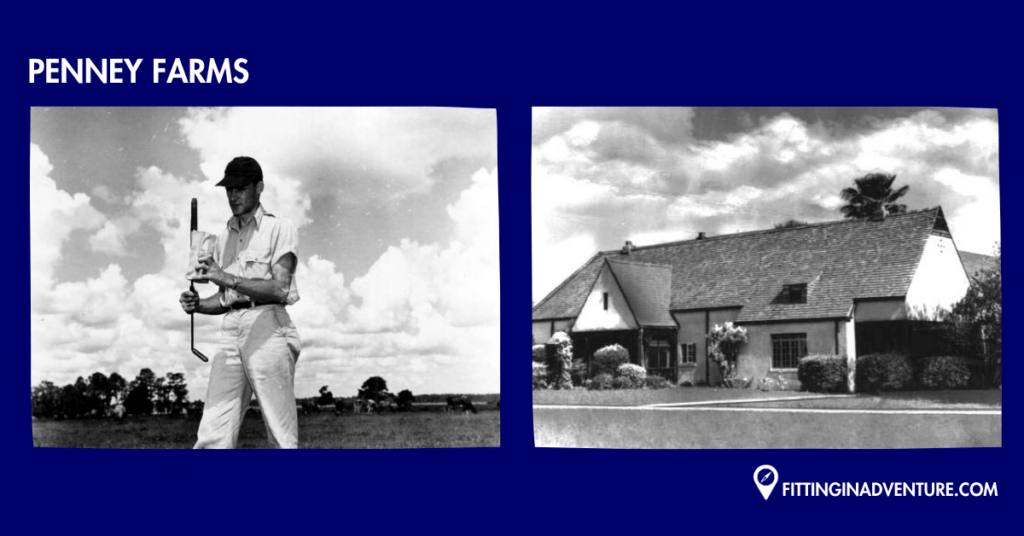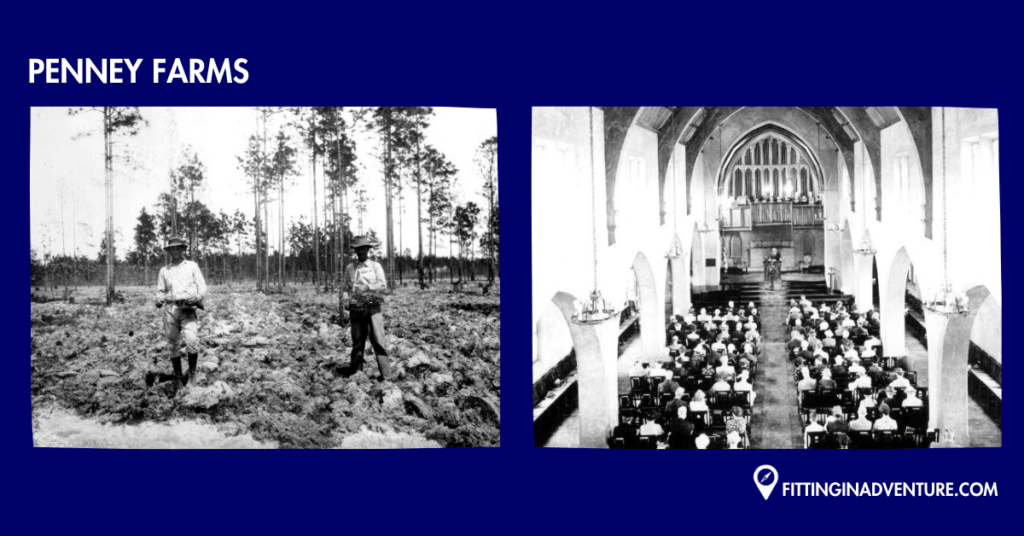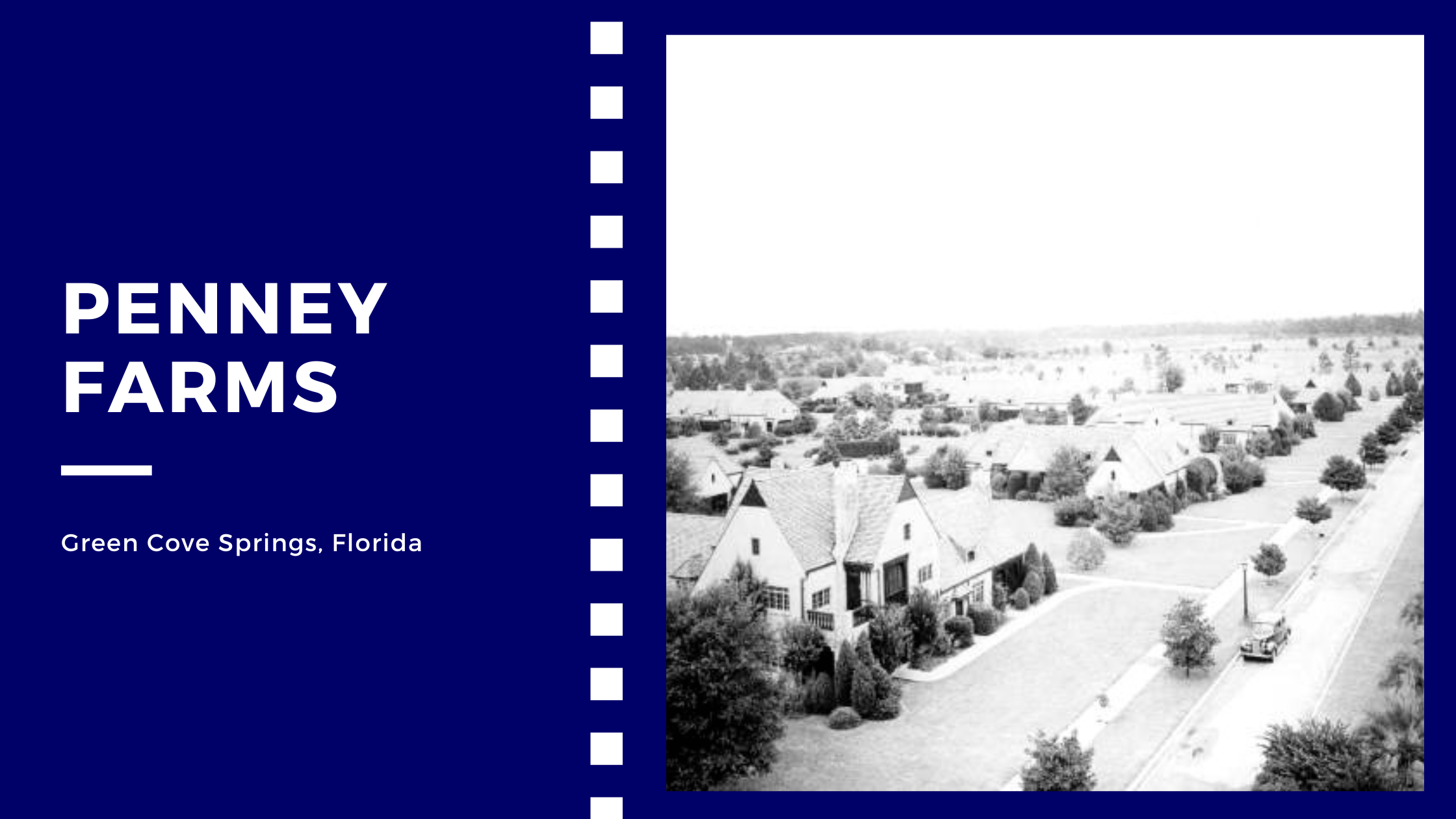I’m sure you recognize the name. And you’ve probably been to one of his stores. They’re usually one of the anchor stores in any mall in America. JCPenney Department Stores were a well-known retail outlet with (at one time) over 1000 stores across the US and Puerto Rico. But that’s not the most fascinating part of the story.
Disclosure: Some links on our site are affiliate links. If you purchase a linked item, we will make a commission, at no extra charge to you.

James Cash Penney opened his first store, then in partnership with two other businessmen, in Kemmerer, Wyoming, on April 14, 1902. At the time, the store was called Golden Rule. In 1907, JCPenney bought out his two former partners and continued to grow his number of stores. By 1912, he had 34 Golden Rule stores. In 1913, he consolidated all stores under the JCPenney banner. Penney continued to add stores to the JCPenney Company and four short years later, he was operating 175 stores in 22 States. By 1924, his company had opened its’ 500th store and Penney was making over $1M annually (nearly $18M today).
This enabled him to pursue many philanthropic causes. In 1922, Penney purchased 120,000 acres of farmland in Clay County, Florida, near Green Cove Springs. His plan was to develop a model farming community where farmers would be given 40 acres of land. The land was theirs to clear, plant, and raise livestock. Each family was offered training and equipment to farm on their own. After two years, the land was theirs.

But Mr. Penney was a man of strict moral character and those applying for a farm went through rigid screening. Along with a lengthy application process, they had to promise not to use alcohol or tobacco. And they had to have character references. But even with the strict guidelines he set forth, there was enough interest that by 1927 Penney Farms had 300 buildings. Among these were a general store, post office, and garage. There was also a canning factory, a boarding house, a dairy farm, and 3,000 range cattle. Demonstration plots (used to train farmers on good agricultural practices) grew grapes, pears, pecans, peppermint, persimmons, Satsuma oranges, and vegetables.
He also established the JC Penney-Gwinn Institute of Applied Agriculture was headquartered on site. It provided training to the community in farming and homemaking.
But his philanthropic venture didn’t stop there. He also founded the JCPenney Foundation Memorial Community. He built this for retired ministers and other Christian Church workers and their spouses. The community had 22 buildings and furnished apartments. It also included a memorial chapel. Penney dedicated the community to his parents.
But like so many, the Great Depression hit the community and JCPenney very hard. The growth of Penney Farms slowed considerably. Even Penney himself lost nearly all of his personal wealth. He had to borrow against his life insurance policies to ensure his company made payroll. He was forced to sell off most of the property that comprised Penney Farms, leaving only 200 acres. He then deeded this land to the Memorial Community, which he then gave to Christian Herald Foundation to run. It became the Penney Retirement Community in 1971. And in 1999, it was added to the National Register of Historical Places. Many of those who came to be a part of his planned community either bought land or found employment in the area.
Today, Penney Farms is still here and operating as a retirement community with over 800 residents. They hold events throughout the year like the old-fashioned farm day with demonstrations and displays. And a winter marketplace with handmade goods for the holiday season. There are also numerous community parks, playgrounds, and pavillions available for rent. Walking trails and bike paths allow visitors to enjoy the beauty of the outdoors.
The Town of Penney Farms Historic Museum has many artifacts and photos for you to learn about the people and past that make up this unique town. This historic community is a welcome stop if you’re traveling through Clay County. A chance to learn about when a businessman built an entire town to teach others how to farm and be self-sufficient.

Is there much to see and do in Penney Farms?
Unfortunately, there is not much in the way of tourism in Penney Farms. Because it is a retirement community, the choices are limited. The History Museum has many great artifacts and are continually adding more. The docent of the museum has many stories of the people and origins of the community.
Are the parks open to the public?
Yes, anyone can use the parks throughout the community. There are also walking and biking trails for enjoyment.
Can anyone attend the Community Events?
Yes, but be sure to check their website for more up-to-date information regarding these at www.penneyfarmsfl.org

